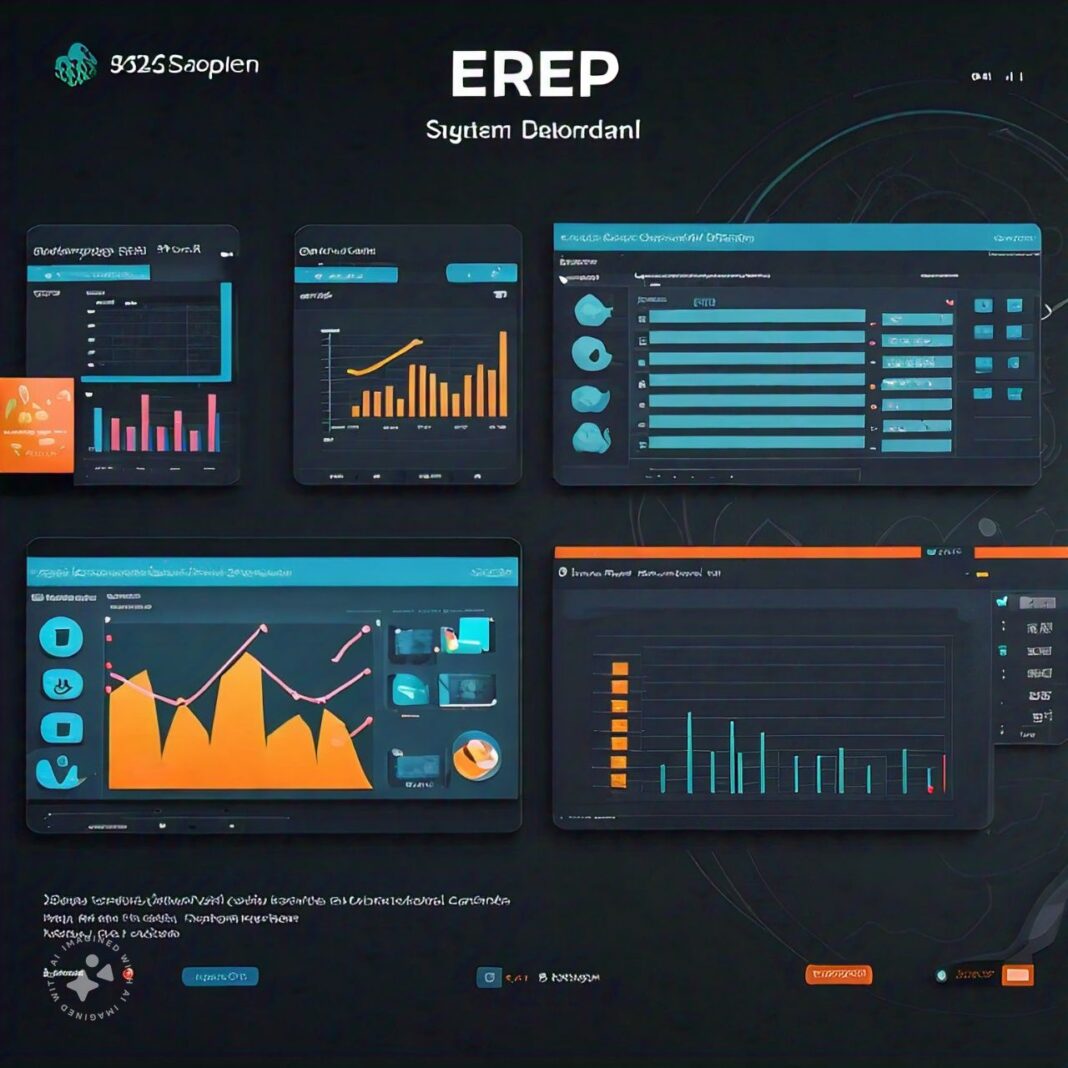In the ever-evolving landscape of finance, obtaining the Chartered Financial Analyst (CFA) designation has become a significant career milestone for many professionals. For those in business finance and investment sectors, the CFA credential is often viewed as a key to unlocking advanced career opportunities. This includes not just increased responsibilities, but also potentially lucrative promotions and salary enhancements.
However, the decision to pursue the CFA over other financial certifications like the Certified Financial Planner (CFP) or Certified Public Accountant (CPA) can be daunting. The CFA is renowned for its rigor and focus on investment management, making it particularly appealing for those aiming for roles in asset management, private equity, or investment banking. But how does it compare to other certifications in terms of career prospects, salary potential, and the actual job functions it prepares one for?
This article delves into the career advancement opportunities associated with the CFA designation, providing insights into how it compares with other prominent financial certifications. Whether you’re aiming to climb the corporate ladder, transition into a specialized financial role, or simply weigh your options, understanding the value proposition of the CFA can help you make an informed decision about your professional development path.
What is the CFA Designation?
The Chartered Financial Analyst (CFA) designation is one of the most respected and globally recognized credentials in the finance and investment industry. Administered by the CFA Institute, the CFA program focuses on developing a deep understanding of investment management, financial analysis, and ethical standards. The CFA designation is particularly valued for its rigorous examination process and the ethical commitment it instills in its charterholders.
The CFA program was established in 1962 and has since become a benchmark for professionalism in the finance industry. CFA charter holders are considered experts in their field, with a strong foundation in investment principles and portfolio management. The designation is often sought after by professionals looking to advance their careers in roles such as portfolio management, equity research, investment banking, and risk management.
Key Components of the CFA Program
The CFA program is structured into three levels of exams, each building on the knowledge and skills acquired in the previous level. The exams are designed to test a candidate’s grasp of a broad range of investment-related topics, including:
- Ethics and Professional Standards: This section emphasizes the importance of ethical practices in finance, a cornerstone of the CFA designation. Charter holders are expected to adhere to a strict code of ethics, which is highly regarded by employers and clients alike.
- Investment Tools: This includes financial reporting and analysis, quantitative methods, and economics. Candidates develop a deep understanding of how to analyze financial statements, interpret economic data, and apply statistical methods to investment decisions.
- Asset Valuation: This section covers equity investments, fixed income, derivatives, and alternative investments. Candidates learn how to value various asset classes and understand the factors that influence their prices.
- Portfolio Management: This final section focuses on the management of investment portfolios, including the principles of asset allocation, risk management, and performance measurement.
Each level of the CFA exam is progressively more challenging, with Level III focusing heavily on portfolio management and wealth planning. The pass rates are typically low, reflecting the difficulty of the exams and the commitment required to succeed.
In addition to passing all three exams, candidates must also meet the CFA Institute’s work experience requirements, which include at least four years of professional work experience in investment decision-making. This combination of rigorous exams and practical experience ensures that CFA charter holders are well-prepared to excel in their careers.
Also Read: Cryptocurrency Storage: Top Security Methods and Best Practices

Career Advancement with a CFA Designation
How the CFA Designation Enhances Career Prospects
The CFA designation is a powerful tool for career advancement in the finance and investment industry. It is recognized globally as a mark of excellence, signaling to employers that the holder has a deep understanding of investment management and adheres to the highest ethical standards. Earning the CFA charter can open doors to senior roles such as portfolio manager, research analyst, and even chief investment officer.
One of the key ways the CFA designation enhances career prospects is by providing a competitive edge in the job market. Employers often prefer candidates with a CFA charter for roles that require advanced financial analysis, investment strategy development, and risk management. For example, asset management firms, investment banks, and private equity firms are known to prioritize CFA charter holders for key positions due to their expertise in these areas (Career Employer Test Prep).
Furthermore, the CFA designation is highly valued in emerging markets, where there is a growing demand for skilled investment professionals. This global recognition means that CFA charter holders have opportunities to work in different regions, expanding their career prospects internationally. Whether in North America, Europe, Asia, or the Middle East, the CFA charter is a credential that can enhance your mobility and open up opportunities across borders.
Salary Benefits of Holding a CFA Charter
The financial benefits of earning a CFA charter are substantial. On average, CFA charter holders earn significantly more than their peers without the designation. According to recent surveys, the median base salary for CFA charterholders in the United States is approximately $125,000, with total compensation often exceeding $150,000 when bonuses and other incentives are included (Career Employer Test Prep).
Moreover, salary increases are commonly associated with each level of the CFA program completed. For instance, candidates who pass Level I may see a modest increase in their earnings, while those who achieve full charter holder status often command higher salaries. This increase is particularly evident in roles such as portfolio management, where the specialized knowledge and skills gained through the CFA program are directly applicable.
It’s also worth noting that the salary premium associated with the CFA charter tends to grow over time. As charter holders gain more experience and move into more senior roles, their earning potential increases, making the CFA a valuable long-term investment in one’s career.
Global Opportunities for CFA Charter holders
The global recognition of the CFA designation translates into opportunities across various sectors and regions. As financial markets become increasingly interconnected, the demand for professionals with a CFA charter has expanded beyond traditional finance hubs like New York and London to include emerging markets in Asia, Latin America, and Africa.
CFA charter holders are particularly sought after in sectors such as asset management, private equity, and investment banking. For example, firms like Goldman Sachs, JPMorgan Chase, and BlackRock are known for hiring CFA charter holders for key roles in these areas (Career Employer Test Prep). Additionally, the skills acquired through the CFA program, such as portfolio management and risk analysis, are transferable across different industries, further broadening the career opportunities for CFA charter holders.
This global demand ensures that CFA charter holders can pursue careers in various regions, adapting to different financial environments and regulations. Whether you’re looking to advance your career domestically or explore opportunities abroad, the CFA charter provides the credentials needed to succeed in diverse financial markets.
Also Read: Best Cryptos to Invest in Now for High Returns

Comparing the CFA with Other Financial Certifications
CFA vs. CFP (Certified Financial Planner)
The Chartered Financial Analyst (CFA) and Certified Financial Planner (CFP) designations serve different purposes and cater to different career paths within the finance industry. While both are prestigious certifications, they focus on distinct areas of expertise and attract professionals with varying career goals.
- Focus and Curriculum:
- The CFA designation is heavily focused on investment management, financial analysis, and portfolio management. The curriculum is rigorous and deep, covering topics such as equity analysis, fixed income, derivatives, alternative investments, and ethical standards. It is particularly suited for those who wish to pursue careers in asset management, hedge funds, investment banking, or research analysis.
- The CFP designation, on the other hand, is tailored for those who want to specialize in personal financial planning. The CFP curriculum covers financial planning, tax planning, retirement planning, estate planning, and risk management. It is ideal for professionals who aim to work closely with individual clients to help them achieve their financial goals through comprehensive financial planning.
- Career Paths:
- CFA charterholders typically pursue roles in institutional finance, such as portfolio managers, equity research analysts, and investment bankers. These positions are often within large financial institutions, asset management firms, and hedge funds. The CFA is particularly valuable for those looking to analyze and manage large investment portfolios.
- CFP professionals, however, often work in client-facing roles, providing personalized financial advice. They are commonly found in roles such as financial advisors, wealth managers, or independent planners. The CFP is best suited for those who enjoy working directly with clients to develop long-term financial strategies.
Also Read: Cryptocurrency Storage: Top Security Methods and Best Practices

- Salary Comparison:
- While both certifications can lead to lucrative careers, CFA charterholders often command higher salaries due to the nature of their roles in institutional finance. According to recent data, CFA charterholders in the U.S. can earn an average base salary of $125,000, with total compensation exceeding $150,000 in many cases (Career Employer Test Prep).
- CFP professionals tend to earn slightly lower salaries, with the average CFP in the U.S. earning around $90,000 to $100,000 annually. However, this can vary significantly depending on the geographic location, client base, and level of experience.
CFA vs. CPA (Certified Public Accountant)
The CFA and CPA (Certified Public Accountant) designations are both highly regarded in the finance industry, but they cater to different areas of expertise.
Focus and Curriculum
The CFA program is centered around investment management, with a strong emphasis on financial analysis, portfolio management, and ethical practices. It is designed for professionals who aspire to work in investment analysis, portfolio management, and asset management.
The CPA designation is focused on accounting, auditing, and tax preparation. It is essential for those who want to work as accountants, auditors, or tax professionals. The CPA exam covers topics such as financial accounting and reporting, auditing and attestation, regulation, and business environment concepts.
Career Paths
CFA charterholders often work in roles that require in-depth financial analysis, such as investment analysts, portfolio managers, and financial strategists. They are typically employed by investment firms, banks, and other financial institutions.
CPAs work in accounting firms, corporate finance departments, and government agencies. They are responsible for preparing and analyzing financial statements, conducting audits, and ensuring compliance with tax laws. The CPA designation is crucial for those pursuing a career in public accounting or corporate finance.
Salary Comparison
CFA charterholders generally earn higher salaries, especially in roles that involve managing investment portfolios or conducting financial analysis. The average salary for a CFA charterholder can exceed $150,000, depending on the role and experience level (Career Employer Test Prep).
CPAs, while also well-compensated, tend to earn slightly lower salaries, with averages ranging from $70,000 to $120,000 depending on the location, size of the firm, and level of experience. However, CPAs with specialized expertise or those in leadership roles can earn significantly more.
CFA vs. FRM (Financial Risk Manager)
The CFA and FRM (Financial Risk Manager) designations are both crucial in the finance industry, particularly for those interested in risk management and investment analysis.
Focus and Curriculum
The CFA program provides a broad education in financial analysis, investment management, and ethical standards. It covers a wide range of topics including equity research, portfolio management, and derivatives.
The FRM designation, administered by the Global Association of Risk Professionals (GARP), is specifically focused on risk management. The FRM curriculum includes topics such as market risk, credit risk, operational risk, and risk modeling. It is designed for professionals who are focused on identifying, analyzing, and mitigating financial risks.
Focus and Curriculum
The CFA program provides a broad education in financial analysis, investment management, and ethical standards. It covers a wide range of topics including equity research, portfolio management, and derivatives.
The FRM designation, administered by the Global Association of Risk Professionals (GARP), is specifically focused on risk management. The FRM curriculum includes topics such as market risk, credit risk, operational risk, and risk modeling. It is designed for professionals who are focused on identifying, analyzing, and mitigating financial risks.
Career Paths:
CFA charterholders often pursue careers in investment management, equity research, and portfolio management. They work for asset management firms, investment banks, and hedge funds, where they manage large portfolios and make investment decisions.
FRM professionals typically work in risk management roles within banks, insurance companies, and regulatory agencies. They are responsible for assessing and managing financial risks, ensuring that their organizations are protected against potential losses.
Salary Comparison
Salaries for CFA charterholders tend to be higher, particularly in investment management roles where compensation is often linked to the performance of investment portfolios. The total compensation for CFA charterholders can exceed $150,000 (Career Employer Test Prep).
FRMs, while also well-compensated, generally earn slightly less than CFA charterholders. However, professionals in senior risk management positions or those working for large financial institutions can command high salaries, often exceeding $120,000.
The Long-Term Impact of Choosing the Right Certification
Career Impact of Each Certification
- CFA: Recognized for its rigor and opens doors to investment management and research roles. It can lead to higher earning potential and career advancement in finance.
- CFP: Valuable for building a career in financial planning and client advisory. It often results in high job satisfaction and opportunities for growth in personal finance sectors.
- CPA: Offers a broad range of opportunities in accounting, auditing, and taxation. It is highly respected and can lead to leadership roles in accounting and finance.
- FRM: Specializes in risk management, providing a niche but essential skill set. It can enhance career prospects in risk assessment and management roles.
Influence on Job Satisfaction, Career Mobility, and Financial Success
- The right certification can significantly impact job satisfaction by aligning with your interests and career goals.
- It can also influence career mobility by opening up new opportunities and advancement pathways.
- Financial success is often correlated with the certification’s alignment with high-demand roles and industry standards.
Conclusion:
For Business Finance and Investment Professionals, pursuing the Chartered Financial Analyst (CFA) designation represents a strategic investment in your career. The CFA credential is highly esteemed in the finance industry, recognized for its rigorous examination and comprehensive coverage of investment analysis, portfolio management, and financial ethics. Earning the CFA can elevate your professional standing, open doors to advanced career opportunities, and enhance your credibility with employers and clients alike.
The CFA designation not only equips you with in-depth knowledge and analytical skills but also demonstrates a commitment to excellence and ethical standards in finance. This can lead to greater career mobility, higher earning potential, and increased job satisfaction. As the financial landscape continues to evolve, the CFA remains a powerful asset for those seeking to excel in investment management and financial analysis.
By aligning your career goals with the CFA certification, you position yourself at the forefront of the industry, ready to tackle complex financial challenges and contribute to strategic decision-making. Investing time and effort into obtaining the CFA can ultimately pave the way for long-term success and growth in the competitive field of business finance and investment.






